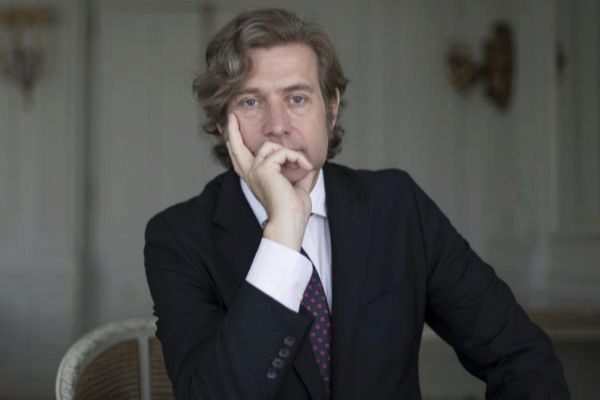In this article I ask the reader a question, one that alludes to a paradox of the most disconcerting. But in order to state it properly, I need to make a small detour.
Has it ever occurred to me to commission a report on the ravings that evacuated the intellectual estate almost completely during the decade of the crisis. It would be a joy to face some mandarins to the frivolity of their judgments in those years in which, according to these domines, Western civilization disappeared down the drain after drawing in the water a funny whirlpool.
Against that fatalism, which was nothing more than the conversion of environmental panic into concept, a top expression of theoretical vulgarity, as soon as in 2012 I took an article that I challenged titled We are the best . There, he argued that, even when we were in a terrible crisis, ours was the best moment in universal history, if one looks at the previous debugging of the pathetic emotions that often tarnish discernment. From the observation of the past there is a sustained progress whatever the magnitude used (millennia, centuries, decades), provided that it is not counted for hours but with respect to the longue durée of history. All a corroborating literature came timely after he soon received the "new optimism" tipper: Ridley, Norberg, Pinker, among others.
As far as I am concerned, I do not declare myself optimistic, because progress is a fact and optimism, on the other hand, a hopeful attitude towards the future and I of the future do not know anything nor do I believe that anything safe is to be expected. I affirm progress but I deny a law of necessary progress, because I have learned that everything that is touched by the hand of man is precarious, provisional and reversible : we are a house of cards built on quicksand.
In addition, the new optimism emphatically emphasizes the material progress of humanity when the marvelous, the virguero, the stupefaction of this collective achievement has been the moral progress that is summed up in the word "dignity." The optimists, in the wake of the behavioral psychologist BF Skinner, who in 1971 published the book Beyond Freedom and Dignity , think, like Feuerbach, that there is only what you eat and you find the dignity nourishing food digestible -Pinker is the author of a resounding article entitled The stupidity of dignity -, so they prefer a positivist approach that only grants statute of truth to the quantifiable. As is often the case with positivism, optimists, doubled in accountants, succeed in everything but the essential. Because the essential thing is that, against the devious capitalism but coinciding with its boom, Western civilization has progressed in the dignification of the individual as none had done before. What is this dignification?
The human species, without visible evolutionary advantage, giving itself a luxury that apparently only she can afford, raises a humanitarian ideal that supposes the repeal of the law of the strongest , in force in nature, and its replacement by a new and revolutionary moral law of weaker. That said, in what civilization would the reader like to live if he were in one of the classic forms of weakness - poverty, illness, disability, childhood, old age, foreigners, political dissent, racial or sexual minorities, and so on? I answer for you, reader, because you will prove me right as a woman: now, here, in Western civilization.
Then the West has grown in dignity, that untiring quality that the individual possesses and that resists any attempt at collectivization, including - here is the new thing - in the name of the general interest and the common good. Dignity hinders the commission of iniquities, of course, but even more interesting is that it sometimes hinders the development of just causes, such as material and technical progress, economic and social profitability, or public utility. And this annoying, numbing and paralyzing effect that often accompanies dignity, which forces us to stop and stop to think about it, opens our eyes to those who shine in those who are in the way because they are useless, useless, leftovers, that they are always threatened by the logic of a story that would advance faster without them.
And now the promised question, that our optimists, little fans of perplexity, do not even suspect. If our civilization has been capable of material and especially moral progress, why does sadness, discontent and boredom spread everywhere?
Since no one is saddened to be richer (material progress), the answer must have to do with some particularity of dignity. The more dignified (moral progress), the more outraged (discontent). But what is dignity? Curious: so many books about sadness and none about dignity, a vacant concept for thought . I will apologize that I wrote one to occupy it and try to unravel its elusive essence.
According to the criteria of The Trust Project
Know more- culture
- Philosophy
ABELES Y CAÍNESOlivia de Havilland and Joan Fontaine: hate for aesthetics
Cinema Richard Linklater, the director of 'Boyhood', plans to shoot a movie for the next 20 years
Literature The sins of 'The Five': sexism, racism and homophobia

